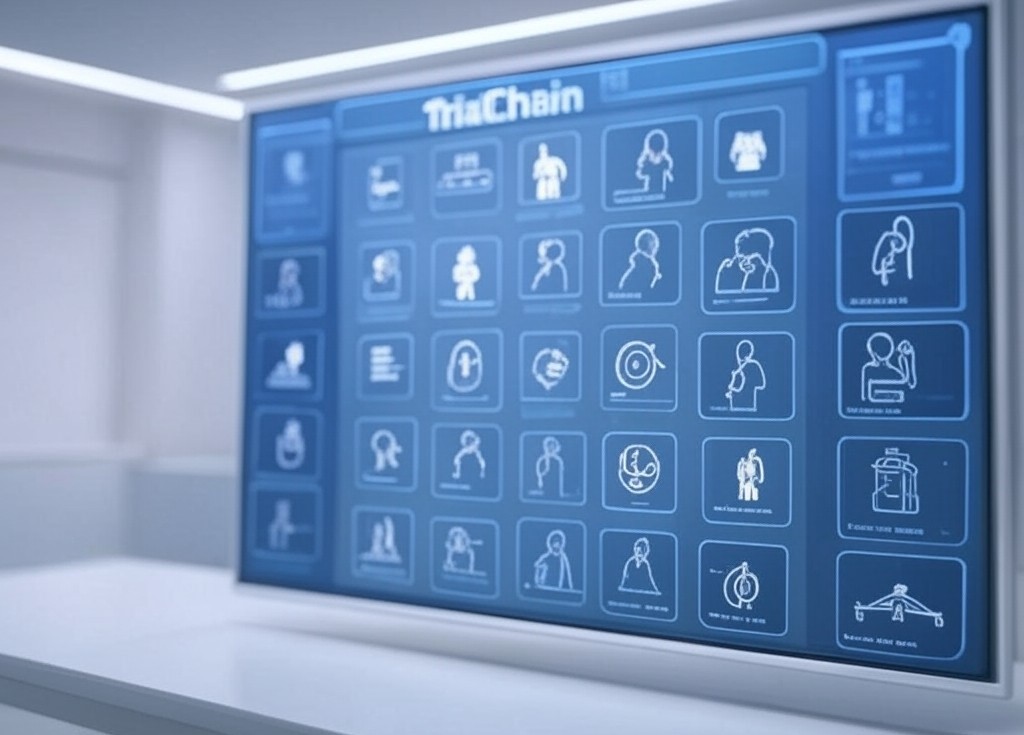
Background:
Clinical trials are critical for medical advancements, but they are often plagued by issues like data manipulation, lack of transparency, high costs, and slow participant recruitment. Traditional systems rely heavily on centralized control, which can lead to inefficiencies and ethical concerns.
Concept:
“TrialChain” is a Web3 platform that decentralizes the management of clinical trials, enhancing transparency, security, and efficiency through blockchain technology.
1. Transparent Trial Design and Execution:
- All trial protocols, participant criteria, and methodologies are recorded on the blockchain, making them immutable and publicly verifiable. This ensures that the trial design cannot be altered post hoc to favor particular outcomes.
2. Decentralized Data Collection:
- Data from participants can be directly submitted to the blockchain, where it’s encrypted and stored in a way that preserves privacy but allows for verifiable aggregation. This reduces the risk of data tampering and ensures that data integrity is maintained from source to analysis.
3. Token Incentives for Participants:
- Participants are rewarded with “HealthTokens” for their involvement in trials. These tokens can be used for various benefits like discounts on medical services, health insurance, or even converted into other cryptocurrencies or fiat. This incentivizes participation and can broaden the demographic reach of trials.
4. Smart Contracts for Compliance and Management:
- Smart contracts automate various aspects of trial management, from ensuring participant eligibility and consent to handling payments or distributing rewards. They can also enforce compliance with trial protocols, automatically flagging any deviations for review.
5. Decentralized Review and Publication:
- Peer reviews of trial data can be conducted in a decentralized manner, with reviewers earning tokens for their contributions. Once a trial’s data is verified and analyzed, the results can be published on the blockchain, providing an immutable record that can be cited or analyzed by the global scientific community.
6. Global Collaboration and Data Sharing:
- TrialChain facilitates international collaboration by allowing researchers from different countries to access and contribute to trials. Data can be shared securely across borders for meta-analyses or further research, respecting privacy through zero-knowledge proofs or similar technologies.
7. Real-World Data Integration:
- By integrating with wearables and other health tech devices, TrialChain can incorporate real-world data into clinical studies, providing a more comprehensive view of treatment effects outside the controlled environment of traditional trials.
Impact:
- Researchers: Gain access to a transparent, secure system that speeds up trial setup, data collection, and analysis, potentially reducing costs and increasing trust in results.
- Participants: Are incentivized and protected with clear benefits and privacy assurances, encouraging broader and more diverse participation.
- Healthcare Systems: Benefit from quicker, more reliable data leading to faster drug and treatment approvals, ultimately improving patient care.
By implementing Web3 technologies, “TrialChain” could significantly reform how clinical trials are conducted, making them more democratic, efficient, and aligned with the ethical imperatives of medical research.
This use case demonstrates how blockchain can address some of the longstanding challenges in clinical research, potentially heralding a new era of medical discovery and patient involvement.




No Comments